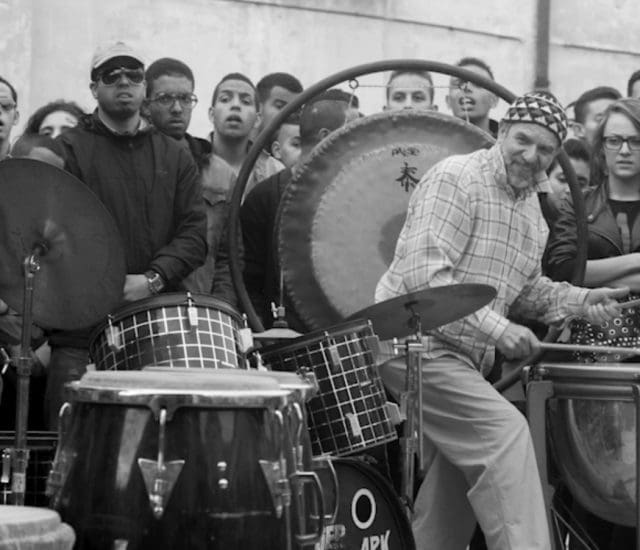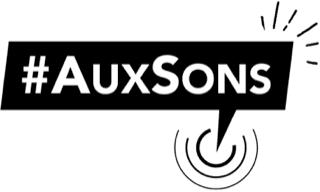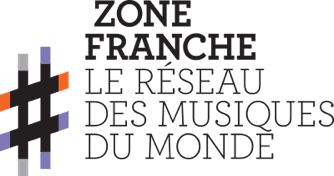The rise of Jazz in Morocco
The soldiers who landed on the Moroccan coast and those from the American NATO bases were the actors in the transmission of jazz in Morocco in cities such as Casablanca, Rabat and Khenitra. Jazz developed in Morocco in the 1950s and 1960s and became known on the radio thanks to Saïd Fouad’s programmes (Jazz Rock, Jazz Time). “He had met all the jazz luminaries throughout his career and interviewed them. His broadcasts rivaled those in France,” explains Razak, one of his colleagues at Moroccan radio.
Concerts by Moroccan jazzmen on urban club stages such as the Armstrong, a famous jazz club in Casablanca, are also spreading.
High school and university students became passionate about this music from America, as Abdellah El Ouinkhir testifies: “I have a long history with jazz, and since high school I have listened to everything, especially jazz rock. We learned a lot from Saïd Fouad of the national channel, who hosted pop sessions from 11 p.m. to 1 a.m., from Monday to Friday in the 1970s and 1980s.”
Jazz is also expressed in orchestras such as the Armed Forces or the Gendarmerie. To this day, the Moroccan Philharmonic Orchestra gives an annual jazz concert in the main cities of the Kingdom.
Dakka Jazz
Morocco has its own jazz that goes beyond the country’s borders. Armand El Maleh, Jauk for his artist name, left Morocco in 1967 for the Jazz scene in Paris. There he introduced Dakka Jazz, which he invented from the rhythm of the Daqqa of Taroudant and Marrakech, from the Ahidous tribes.
Jauk - Confluence : 4 voyages
Armand El Maleh became an excellent jazz drummer, ranked among the hundred best drummers in the catalogue of the Paiste cymbal brand. He participated in concerts with great names of the French scene such as Bernard Lubat, Henri Texier, Daniel Humair, Didier Levallet and Didier Malherbe, but also American, notably saxophonists Steve Lacy or Steve Potts.
He has recorded several albums, including Confluence with guitarist Christian Escoudé, which includes a piece of more than 5 minutes entitled Dakka. Each of the musicians he has played with testifies to the originality of his drumming, a kaleidoscope of rhythms that draws its source from Morocco and Africa.
The Author : Sophia Benhalima is currently studying at Sciences Po Campus de Reims, France and attending the class “Languages of the world” with professor Alejandro Abbud Torres Torija.
This article is a result of a collaborative project between #AuxSons and Alejandro Abbud Torres Torija, lecturer at Sciences Po Paris Campus Reims, and regular contributor to #AuxSons. As part of the class “Languages of the world”, international students from Sciences Po Paris Campus Reims prepared articles reflecting these themes.
photo : Sur les routes du Dakka, 2022, a movie by Mickaël Clouet


